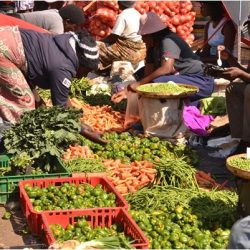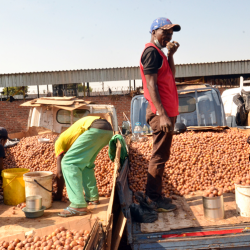How agroecology is quietly formulating food ingredients of the future
Although formal advertisements might be spreading the impression that fast foods are taking over African food systems, social media channels are showing how future-oriented African food scientists and indigenous food formulators are quietly using agroecology ingredients to alter the global food landscape. In addition to extending some indigenous food ingredients to the diaspora, this movement Read more about How agroecology is quietly formulating food ingredients of the future[…]


